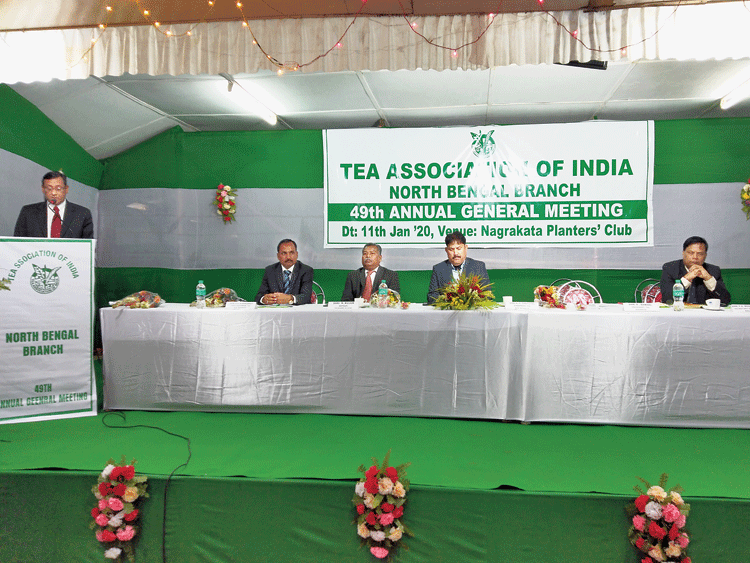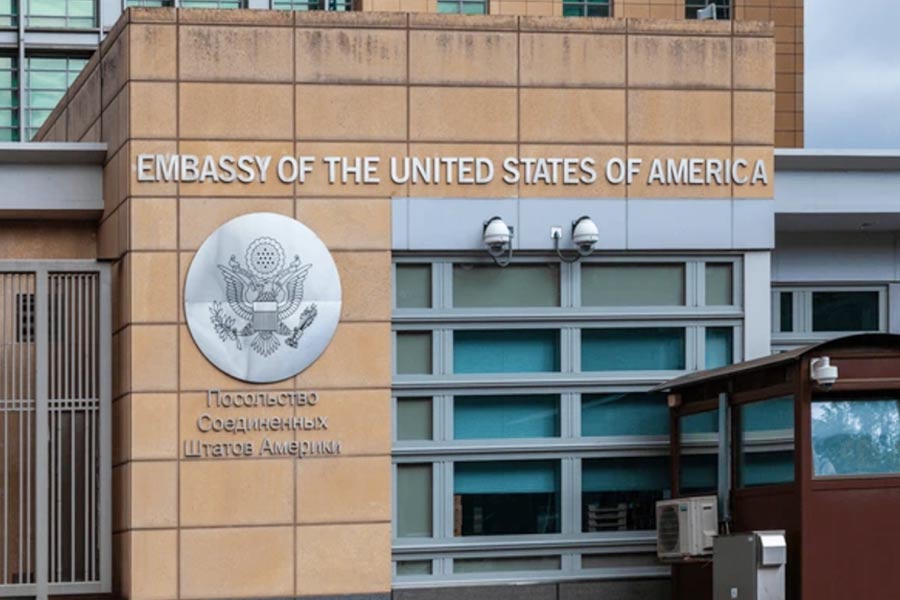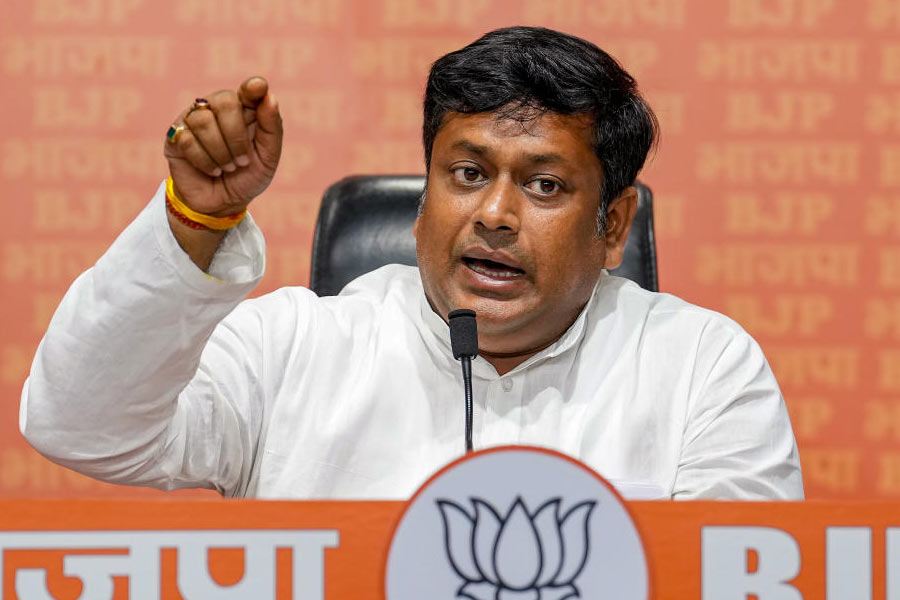Stakeholders of the tea industry have expressed concern over the rise in the cost of production because of the Centre’s decision to impose a cess of 2 per cent (tax deducted at source) on annual cash withdrawals from banks amounting to Rs 1 crore rupees and above.
They also highlighted how the abrupt rise in production of tea has led to lower price realisation.
“The Union government has imposed the TDS on cash withdrawal to disincentivise the use of cash in the economy. We appreciate the intention but this decision has led to a negative impact on the tea industry,” said Raj Bansal, the president of the Tea Association of India (TAI)
“We also want digital transfer of wages but what we need is better banking infrastructure near the tea gardens so that our workers are able to withdraw their wages when required. In the absence of an effective way to dispense cash to workers through ATMs or other means, the industry has to pay the wages in cash. As a result, it has to bear this additional TDS which has added to our cost of production,” he added.
Bansal was speaking at the 49th annual general meeting of the north Bengal branch of the TAI at the Nagrakata Planters’ Club in Jalpaiguri on Saturday.
R.P. Thapliyal, the chairman of the north Bengal branch of the TAI, pointed to the huge rise in production of tea in the country, particularly due to the steady emergence of the small tea sector.
“In 2003, the total tea production was 878 million kg, which has increased to 1,400 million kilos in 2019. There has been a rise of around 52 per cent in production over the past 15 years. This production has outstripped domestic consumption of the beverage and has led to stagnancy in the market. As a result, there is a mismatch between the cost of production and the average price realisation, much to the concern of the industry,” said Thapliyal.
The speakers mentioned that the per capita consumption of tea in the country is 786 grams — the annual consumption of tea per head.
“India is placed at the 27th position when it comes to per capita consumption of tea. It is high time that the Centre and the tea board take an initiative and constitute a council for domestic promotion of tea. Even now, tea is yet to be recognised as an attractive beverage among different age groups and is often viewed as a cheap beverage,” Bansal said.











